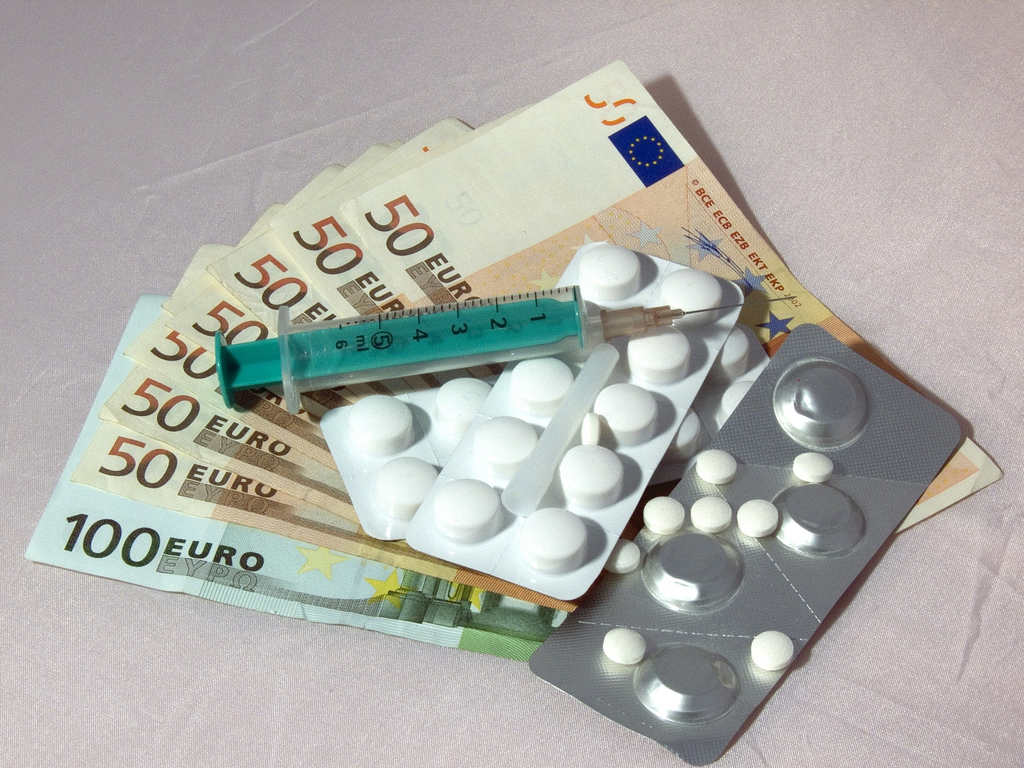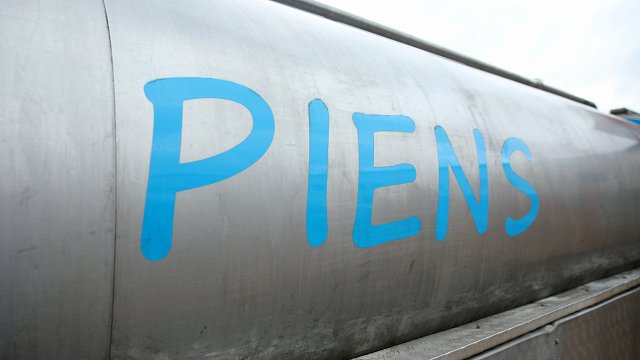The Competition Council announced that the consumer end prices will be made up of the production cost, wholesaler markup, pharmacy markup and VAT. The biggest difference in the price structures among the Baltic countries is created by the wholesaler and pharmacy markups and VAT, which is 12% in Latvia, 9% in Estonia and 5% in Lithuania. The markup in Latvia is created when wholesalers apply an increasing markup percentage on the production cost, while pharmacies apply them on top of the wholesale price.
Lithuania and Estonia have a price ceiling in both cases that keep the end price from significantly increasing with the production cost. In Latvia there is a markup ceiling only for state-compensated medications. For example, for wholesale prices from 71.14 euros, the pharmacy markup doesn't increase from 6.05 euros.
When comparing 20 of the most popular medications in the Baltics, the Competition Council found that the majority of producers had set lower prices for Latvian wholesalers, but the end price was more expensive after the markups. Although 80% of prices were set lower in Latvia, consumers were only able to buy 40% more cheaply.
The medication segment most affected by this pricing mechanism is uncompensated over the counter medications, because wholesalers and producers have more freedom. There is vertical integration, while at the same time not enough pharmacy independence.
Pricing for state compensated medications is slightly different, so the Competition Council has suggested improving the pricing mechanism to more effectively reduce medication prices and make better use of government funding. The most dramatic markup was for medications with a wholesale price of over 500 euros.
The Competition Council also indicated that the markets in the three Baltic countries are similar enough, that the drug prices shouldn't be so different. They also suggest wholesalers and pharmacies implement a fixed price for each unit sold and set out a profit sharing system that decreases the reliance of pharmacies on wholesalers. Among other suggestions was also a proposal to create a similar pricing mechanism for state compensated and uncompensated medications.






























